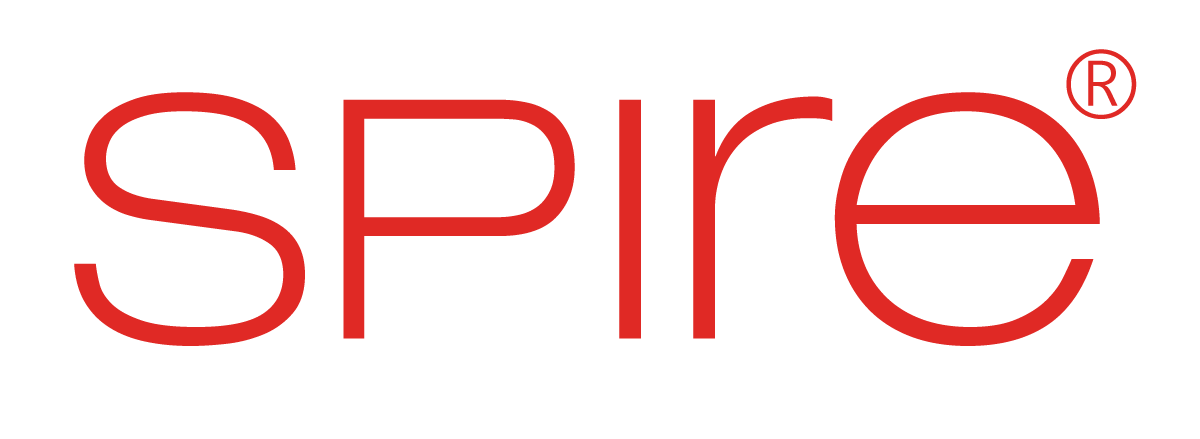Candidate Portal
What Is a Candidate Portal?
A candidate portal is a digital platform designed for job seekers to apply for positions, submit information, and communicate with hiring teams. It serves as a web-based tool that streamlines the recruitment process for both candidates and employers. These portals provide a secure environment where job seekers can apply to specific jobs, track their application status, and engage with the company throughout the hiring process.
In essence, the candidate portal simplifies the application process and enhances the overall candidate experience, making it easier for both parties to stay informed and organized.
Benefits of a Candidate Portal
- Reduces Resume Review Time: Automates candidate data collection, reducing the time spent manually reviewing resumes.
- Efficient Applicant Tracking: Helps recruiters quickly find and assess candidates based on job fit.
- Streamlines Hiring: Provides a centralized platform to track applications and monitor progress.
- Improved Candidate Engagement: Facilitates better communication and feedback, enhancing candidate experience.
- Faster Decision-Making: Real-time tracking of application status helps hiring teams make quicker decisions.
- Personalized Experience: Offers tailored job recommendations, improving the relevance of opportunities for candidates.
By automating and simplifying key steps in the hiring process, candidate portals allow organizations to work more efficiently, saving time and effort.
Key Features of a Candidate Portal
- Application Tracking and Interview Scheduling: Monitor application progress and easily schedule interviews for a smoother process.
- Job Alerts and Recommendations: Notify candidates of relevant job opportunities based on their preferences and qualifications.
- Resume Builder and Upload: Enable candidates to create professional resumes and apply with a single click.
- Advanced Filters and Job Search: Help candidates find jobs by filtering based on location, salary, experience, and more.
- Onboarding and Document Management: Provide seamless access to onboarding materials and store candidate documents for easy retrieval.
- Chat Integration and Multilingual Support: Facilitate real-time communication with recruiters and offer multiple language options for a diverse candidate pool.
- ATS Integration and Career Resources: Sync with Applicant Tracking Systems and provide resources like interview tips and career advice.
- Employer Branding: Showcase your company culture, values, and benefits to attract top talent.
These features create a comprehensive platform that simplifies the hiring process for both employers and candidates.
Why Should You Use a Candidate Portal?
- Streamlines Candidate Experience: Simplifies the job application process, providing a more personalized and efficient experience.
- Centralized Platform: Candidates can apply for jobs, track application progress, and communicate with hiring teams all in one place.
- Improves Recruitment Efficiency: Facilitates quick and easy access to candidate data, making the hiring process faster.
- Enhances Communication: Provides transparent and timely updates on application statuses, improving candidate engagement.
- Self-Service: Candidates can manage their own application process, reducing the administrative burden on HR teams.
In short, candidate portals create a seamless interaction between job seekers and employers, improving the overall efficiency and transparency of the hiring process.
Conclusion
A candidate portal is a vital tool for modern recruitment, streamlining the hiring process while enhancing the experience for both candidates and hiring teams. With key features like job alerts, application tracking, and interview scheduling, a candidate portal allows for a more efficient and organized hiring process. Implementing a well-designed portal can lead to faster, more accurate hiring decisions, better candidate engagement, and ultimately, improved organizational performance.
By using technologies like Spire.AI, companies can further optimize the candidate experience, improving how candidates interact with their recruiting processes and increasing the overall effectiveness of recruitment efforts.

Don’t Let Outdated Frameworks Hold Your Organization Back
Harness Spire.AI to Build, Deploy, and Elevate Talent Effectively


